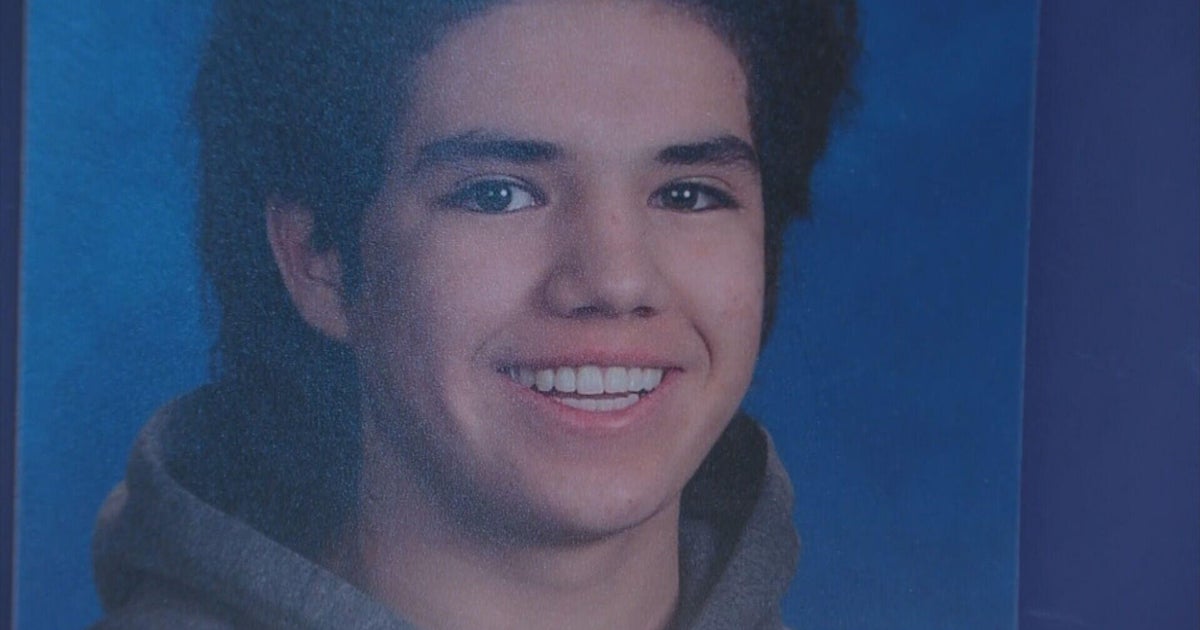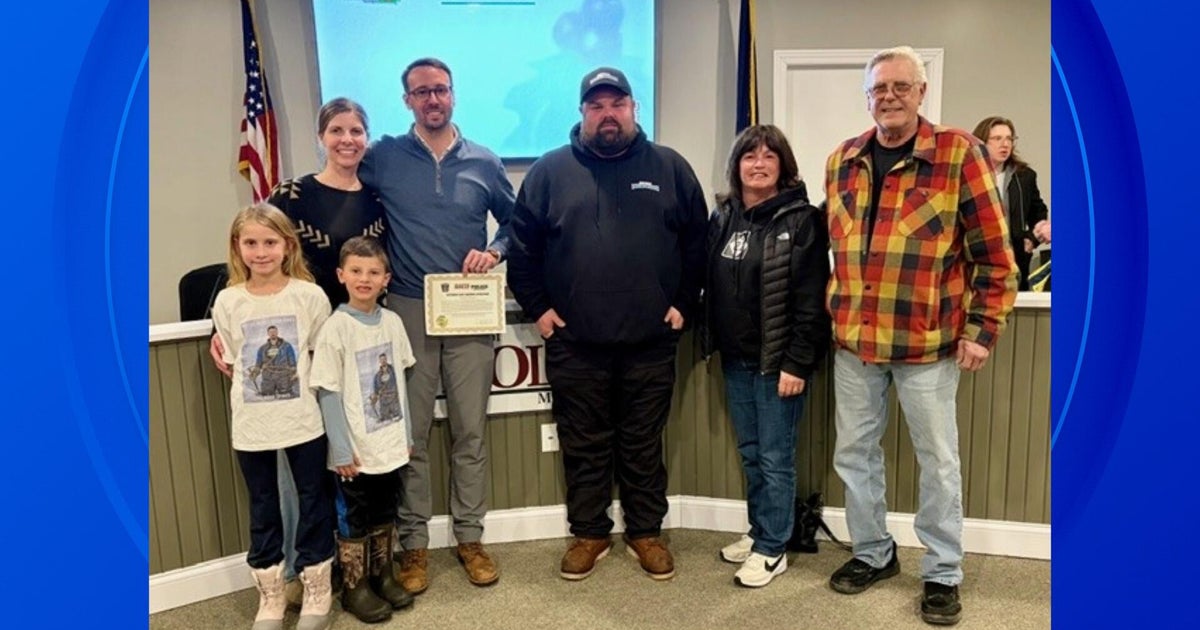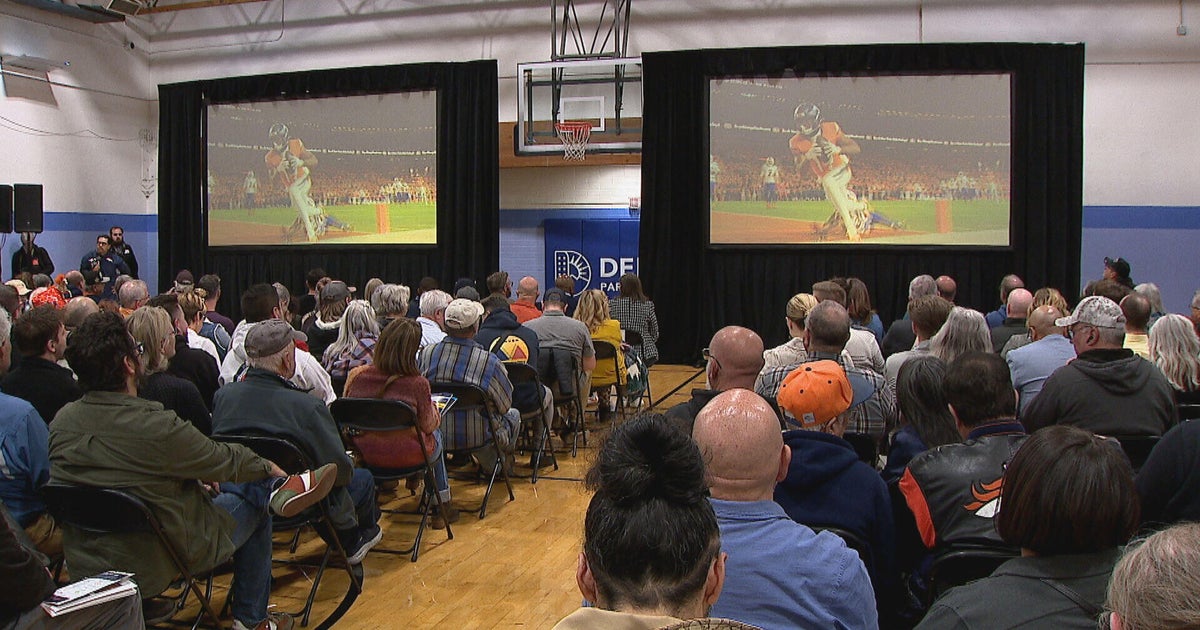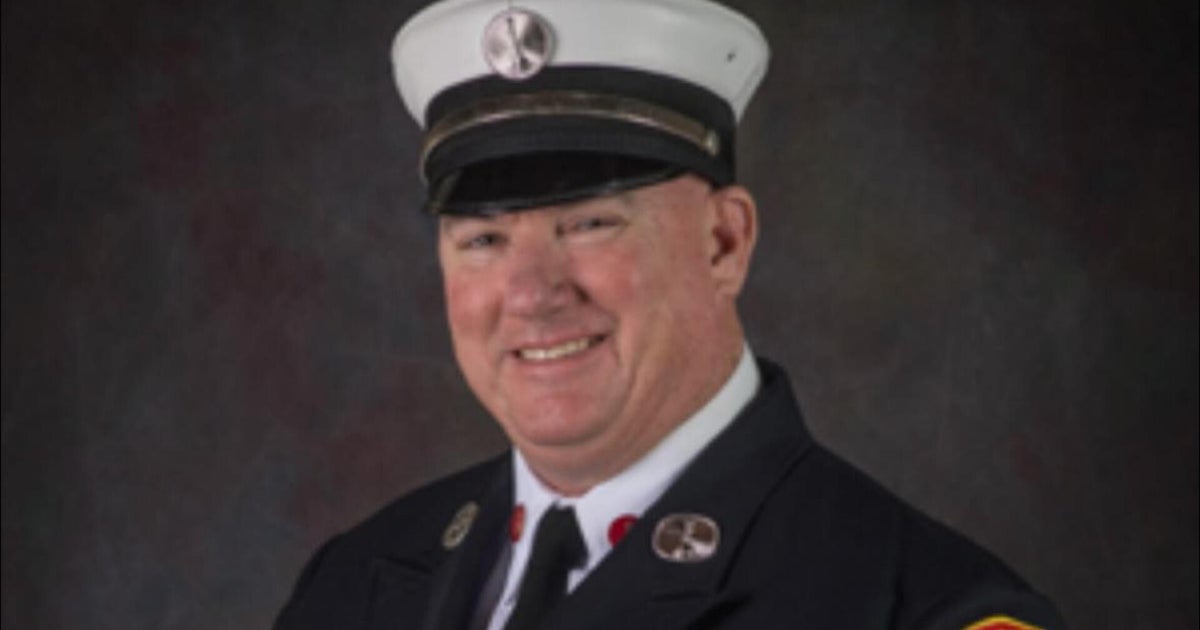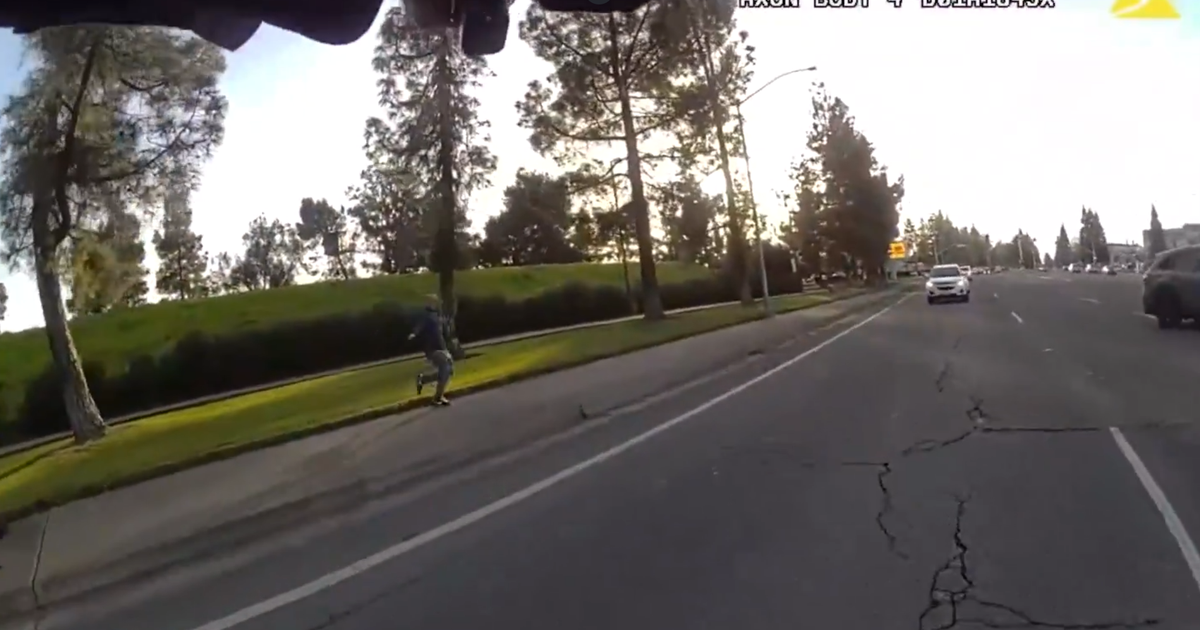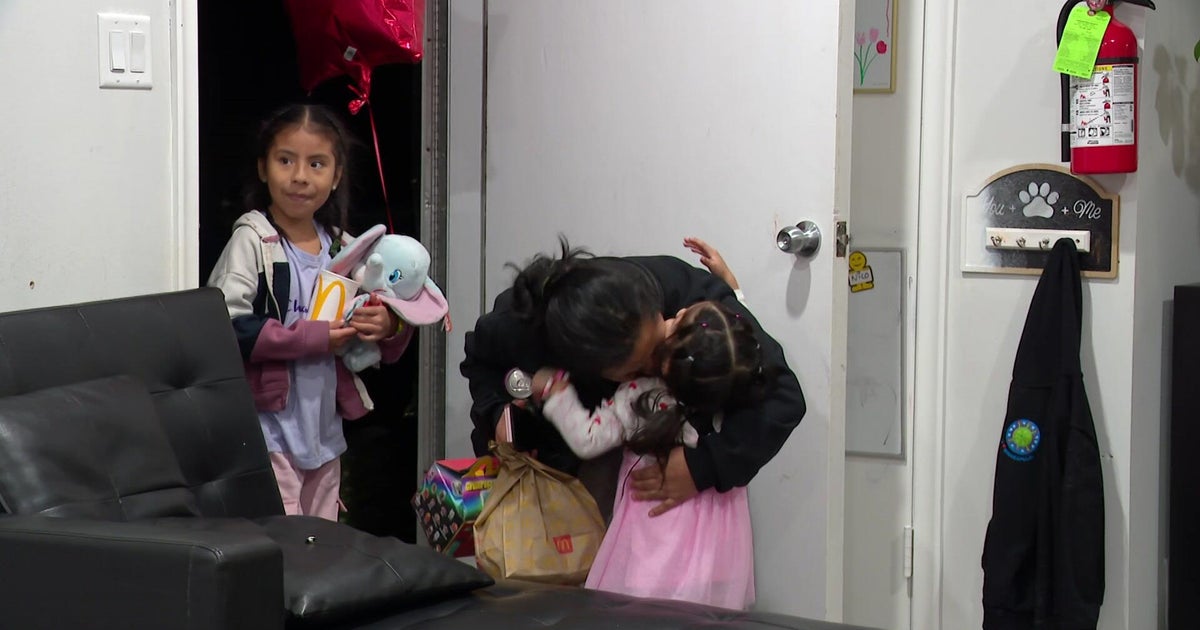Family Wants Son's Carbon Monoxide Death To Be A Warning To Others
ST. PAUL, Minn. (WCCO) -- When 34-year-old Jared Johnson wasn't fighting fires or playing with his kids, he was likely in the woods or on a lake.
On Thursday, his grieving mother held up the last picture ever taken of her son and said, "He sent that to his dad about 9:30 that evening, the evening before."
Tragically, Denice Johnson's son would be dead the next day. The East Hubbard County firefighter and father of two was poisoned by carbon monoxide.
Jared was fishing Leech Lake on Jan. 17, 2016, with three of his friends in one of the men's converted camper. While it remains unclear exactly what happened, it's believed that the camper's heating system was poorly vented.
Tina Monroe, Jared's sister, said there were propane sunflower-style heaters in the camper.
On Thursday, Jared's family spoke out to spare others the pain of losing someone to carbon monoxide poisoning. At a news conference at the Minnesota Department of Public Safety Thursday, Denice Johnson said people need to be more aware.
"I would never want any family to suffer what we have suffered," she said.
Carbon monoxide is the state's most common cause of poisoning. Many patients are taken to Hennepin County Medical Center's hyperbaric chamber for treatment, as was one of the other anglers in Jared's fishing party.
"We treated 77 cases of moderate to severe carbon monoxide poisoning last year," said Dr. Christopher Logue, HCMC's hyperbaric medicine specialist. "We've already treated 3 of them from ice fishing houses this year."
Carbon monoxide deaths are easily preventable, with something as simple as a $30 battery-operated CO detector and alarm.
Safety experts caution ice anglers to check and replace the batteries frequently, which tend to lose their power due to the cold temperatures of an ice house.
Just as important as CO detector is to only use heaters which are built for indoor use. Never use portable sunflower-style heaters in an enclosed space.
In Jared's case -- what he couldn't see, taste or smell – proved deadly.
"It's not necessary," his mother said. "It never needs to happen."
